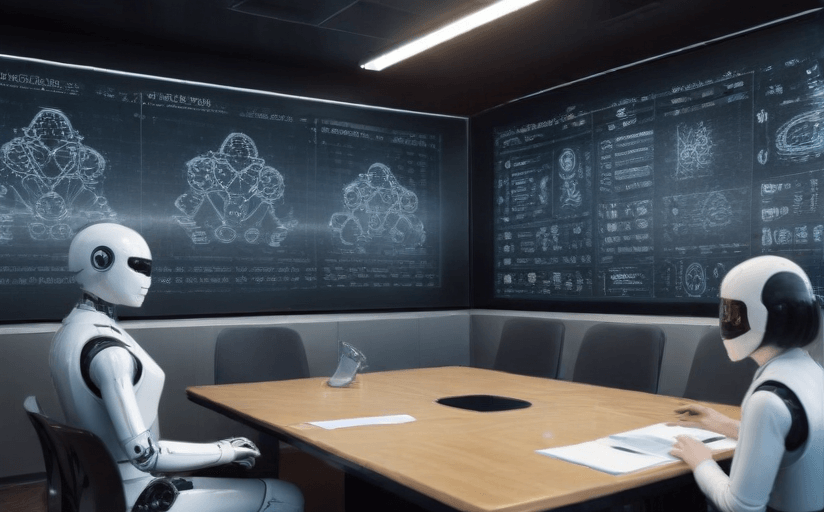The Influence of Artificial Intelligence on the Contemporary Education System
The advent of artificial Intelligence (AI) has brought forth innovative transformations across various sectors. One prominent area experiencing this shift is the education system. In this article, we will discuss the role and influence of AI in contemporary education and shed light on its potential future impacts.
Artificial Intelligence: Bringing Innovation to Education
AI has enabled educators to shift from traditional methods of teaching to more interactive and personalized learning experiences. With AI, educational content can now be customized to cater to individual learning styles and pace, fostering greater engagement and improving learning outcomes.
Automated Grading
AI has also revolutionized the assessment process through automated grading software. These tools minimize the workload of teachers by quickly and accurately marking quizzes, freeing up their time to focus more on teaching and student interaction.
AI Tutors
Another significant development in AI for education is the rise of AI tutors. These advanced systems can replicate human tutoring, providing personalized help to individual students, and even offer academic counselling.
Potential Challenges and Concerns
Despite the numerous advantages, there are critical challenges and concerns about AI in education. Primary among them is data privacy. As AI systems collect and analyze large amounts of personal data to facilitate personalized learning experiences, the risk of misuse or breach of this information is a significant concern.
Solutions and Future Trends
While these concerns require attention, solutions are being developed. The adoption of strict data privacy regulations and robust encryption methods can help prevent the misuse of personal data. As for the future, AI potentially paves the way for an entirely digital classroom, with virtual reality and augmented reality becoming integral parts of learning.
Diverse Viewpoints
To gain a broader perspective on the issue, we gathered feedback from educators, technology experts, and students. Educators endorsed the use of AI for efficient task management, while tech-experts highlighted the need for improved data privacy measures. Students expressed excitement about personalized learning and virtual classrooms, but also requested reassurance about the safety and confidentiality of their personal data.
Conclusion
In conclusion, artificial intelligence bears a substantial influence on the contemporary educational system. Despite potential challenges such as data privacy concerns, with effective solutions and regulatory policies, AI holds a promising future in reshaping educational processes to provide an engaging, individualized, and result-oriented learning experience.

















Comments
Leave a Comment